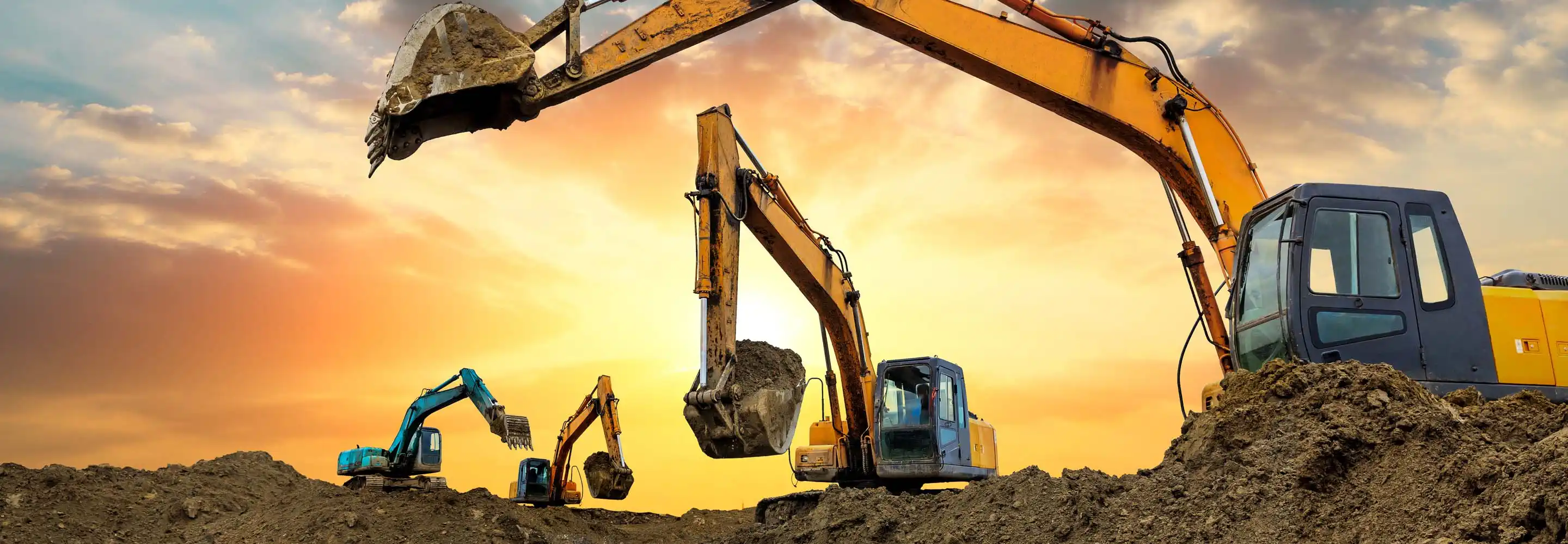Heavy Equipment Rental: High-Quality Equipment for Rent
Heavy Equipment Rental: High-Quality Equipment for Rent
Blog Article
Leasing Vs. Purchasing Building And Construction Equipment: Making the Right Option for Your Project
When beginning on a construction job, one of the essential choices that forecast managers and stakeholders deal with is whether to lease or acquire construction tools. The choice pivots on numerous aspects such as price considerations, project duration, devices maintenance, threat, scalability, and versatility management.
Cost Considerations
When examining the economic element of renting out versus purchasing building devices, the lasting expenses and ahead of time costs have to be thoroughly thought about. Leasing devices often requires lower preliminary payments compared to purchasing, making it an appealing choice for temporary tasks or service providers with spending plan restraints. Renting eliminates the need for large capital expenses and lowers the economic threat related to equipment ownership, such as maintenance and devaluation expenses. Nevertheless, over time, continually renting devices can build up greater expenses than buying, particularly for prolonged tasks.
On the various other hand, purchasing construction equipment involves higher in advance prices yet can result in long-lasting cost savings, particularly for constant users or long-term jobs. Inevitably, the choice between renting and getting construction devices hinges on the project's period, regularity of use, spending plan factors to consider, and long-lasting economic goals.
Task Duration

Conversely, for long-term tasks or continuous building and construction job, acquiring equipment can be the extra affordable option. Getting tools can cause cost financial savings over time, especially if the devices will be regularly made use of. Additionally, possessing equipment provides a sense of control over its availability and permits personalization to fit specific project needs.

Devices Upkeep
Provided the critical function project period plays in determining the most cost-effective method in between renting and acquiring construction devices, the emphasis now shifts in the direction of examining the vital element of devices maintenance. On the various other hand, owning equipment needs a proactive method to maintenance to stop breakdowns, make certain safety and security, and extend the tools's life expectancy. Inevitably, a properly maintained construction tools fleet, whether rented or possessed, is vital for the effective and reliable conclusion of building and construction jobs.
Versatility and Scalability
In the world of building and construction tools management, the aspect of adaptability and scalability holds significant importance for project effectiveness and resource usage. Opting to rent building equipment gives a high degree of flexibility as it enables for the fast adjustment of devices types and amounts based on the developing needs of a project.
Leasing building and construction equipment provides the benefit of easily scaling procedures up or down as job demands rise and fall. Contractors can swiftly exchange or include tools to match the job's transforming needs without the restraints of having assets that may end up being underutilized or obsolete.
Risk Management
Reliable threat monitoring in building and construction equipment operations is vital to making sure task success and mitigating prospective economic losses. Construction jobs naturally entail various threats, such as devices malfunctions, crashes, and task delays, which can substantially affect the project timeline and budget. By very carefully taking into consideration the risks connected with owning or renting out construction equipment, project supervisors can make enlightened decisions to decrease these prospective dangers.
Renting out building and construction equipment can use a degree of risk reduction by moving the obligation of maintenance and repair services to the rental firm. This can lower the monetary worry on the project proprietor in instance of unanticipated devices failures (equipment rental company). Furthermore, renting offers the flexibility to gain access to specific tools for specific job phases, lowering the danger of having underutilized machinery
On the other hand, possessing construction equipment provides a sense of control over its usage and maintenance. However, this also means bearing the complete responsibility for repairs, upkeep prices, and depreciation, boosting the economic dangers related to equipment ownership. Careful risk evaluation and consideration of variables such as project duration, devices application, and upkeep demands are vital in figuring out the most suitable choice for efficient risk monitoring in building and construction tasks.
Conclusion
In final thought, when deciding in between leasing and getting construction equipment, it is very important to consider price, project period, tools upkeep, danger, scalability, and flexibility monitoring. Each aspect plays a critical function in figuring out the most ideal option for the task at hand. By thoroughly assessing these facets, job supervisors can make an educated decision that aligns with their budget plan, timeline, and general task goals.

Report this page